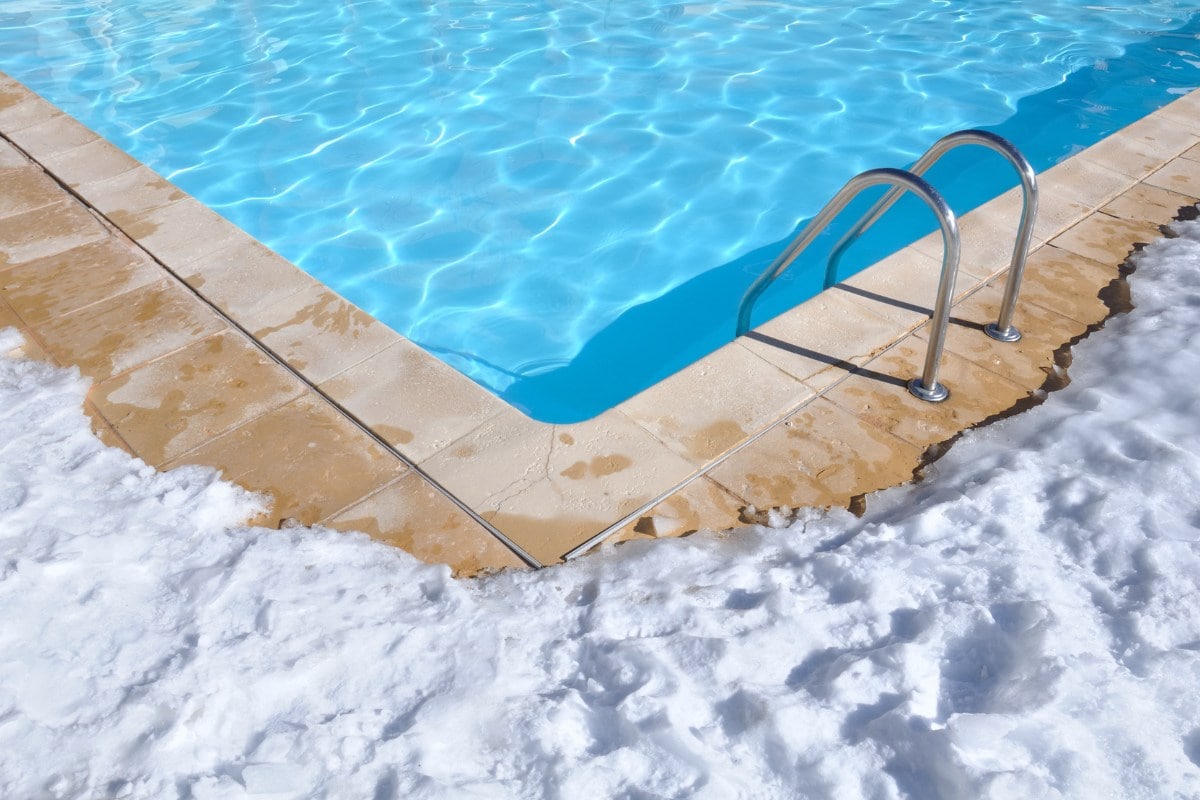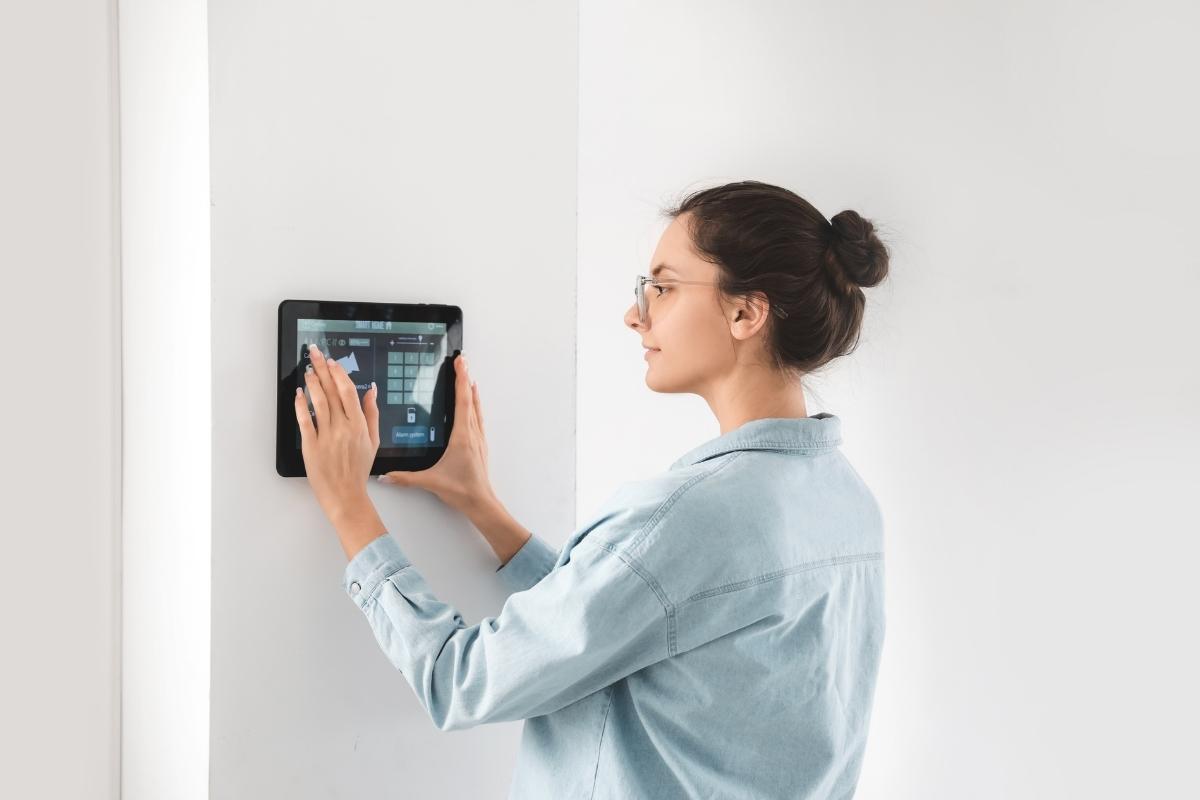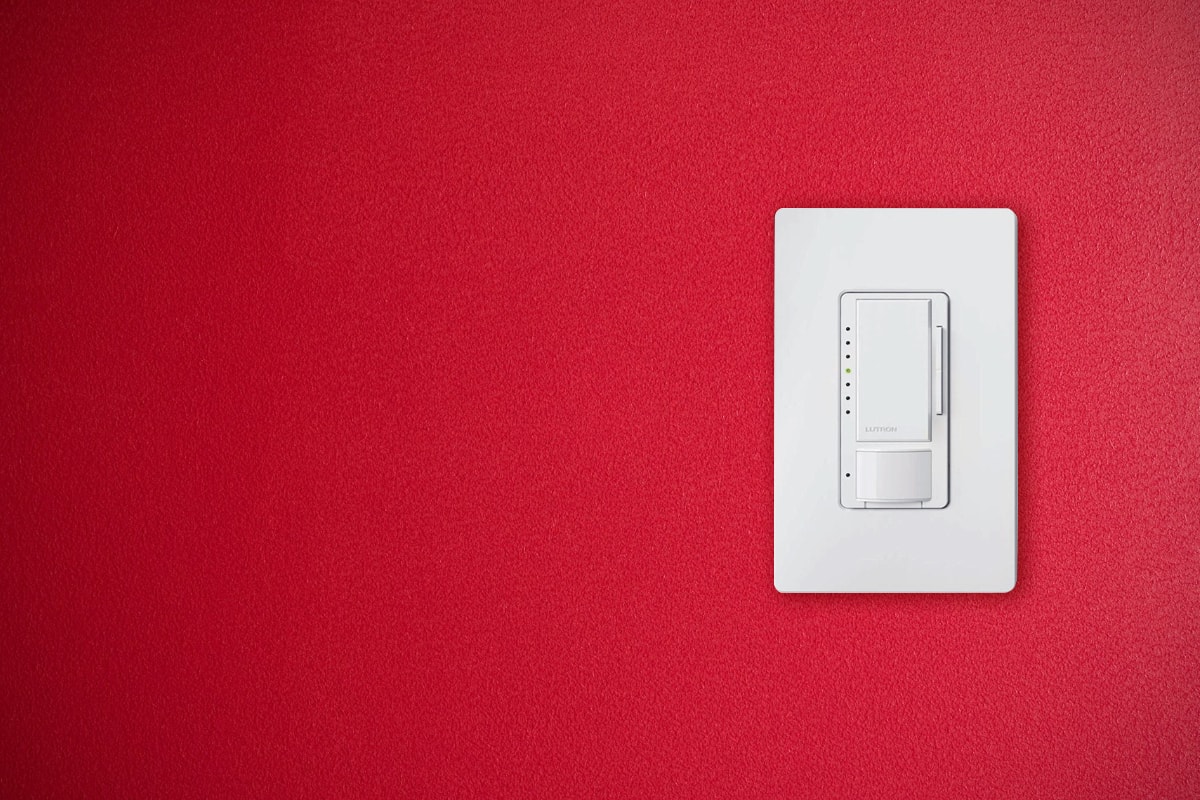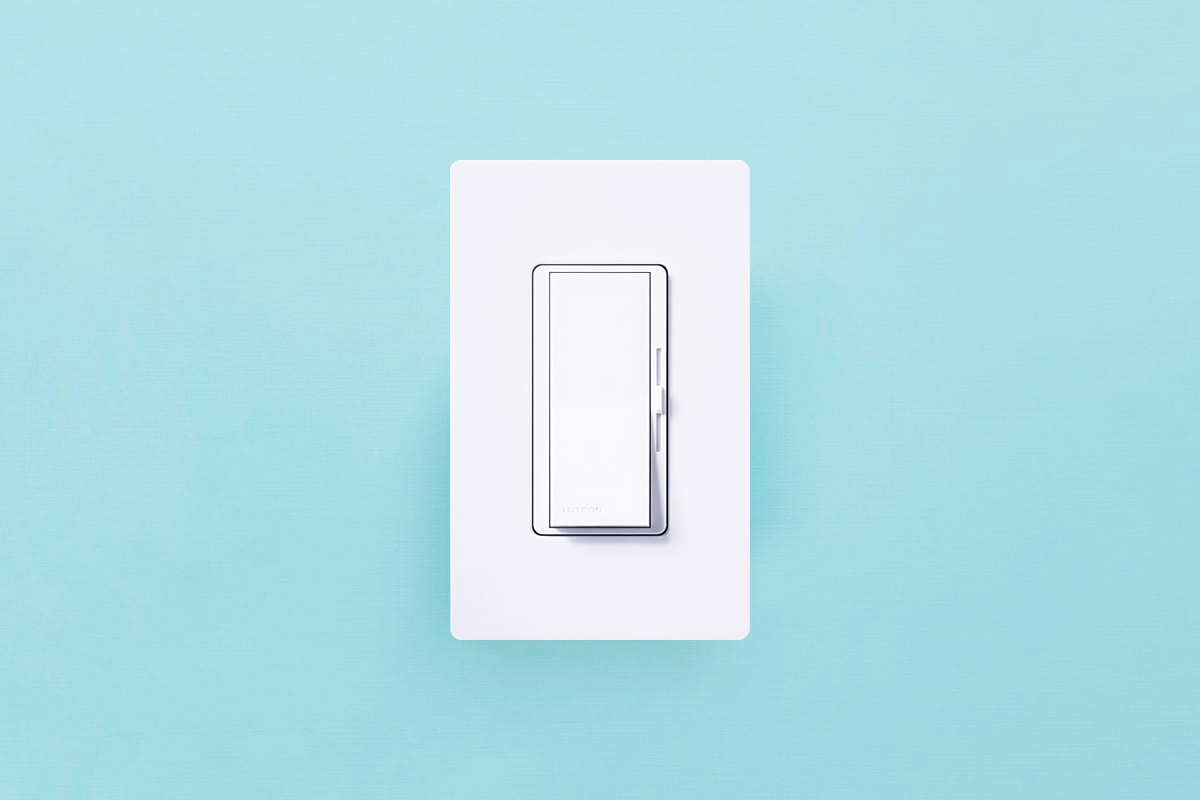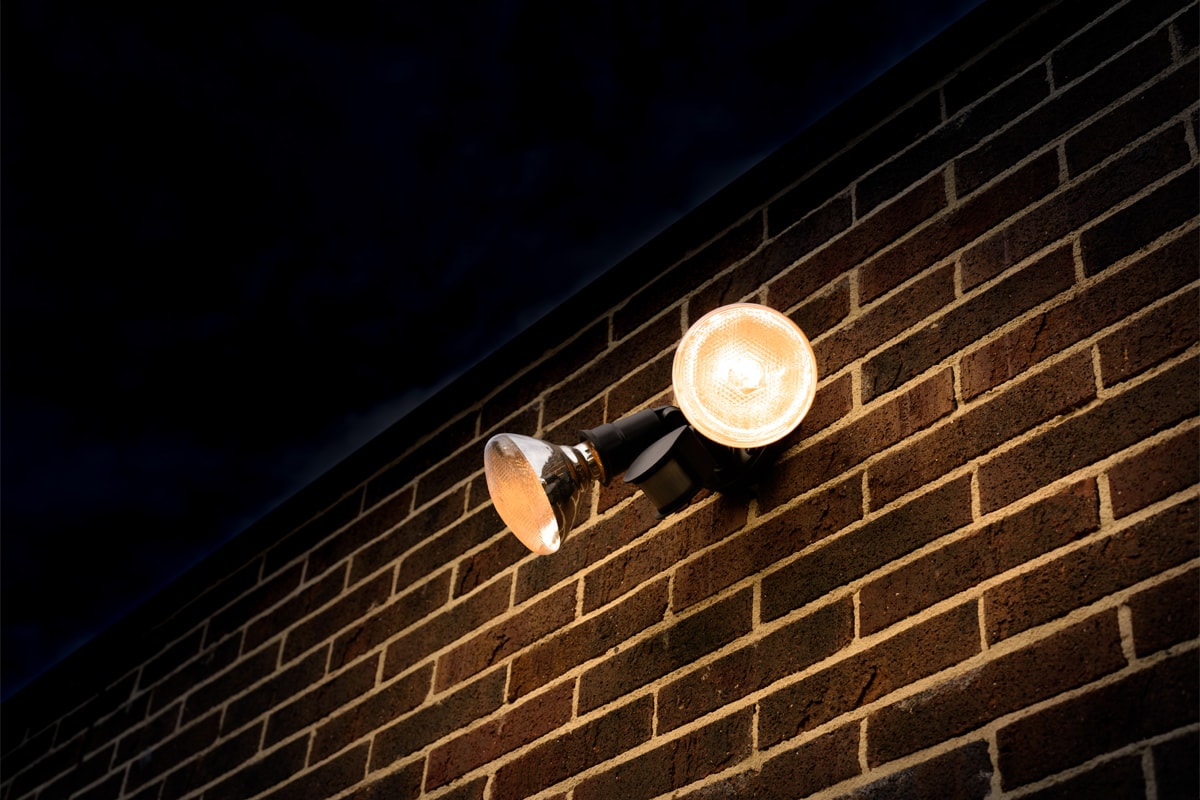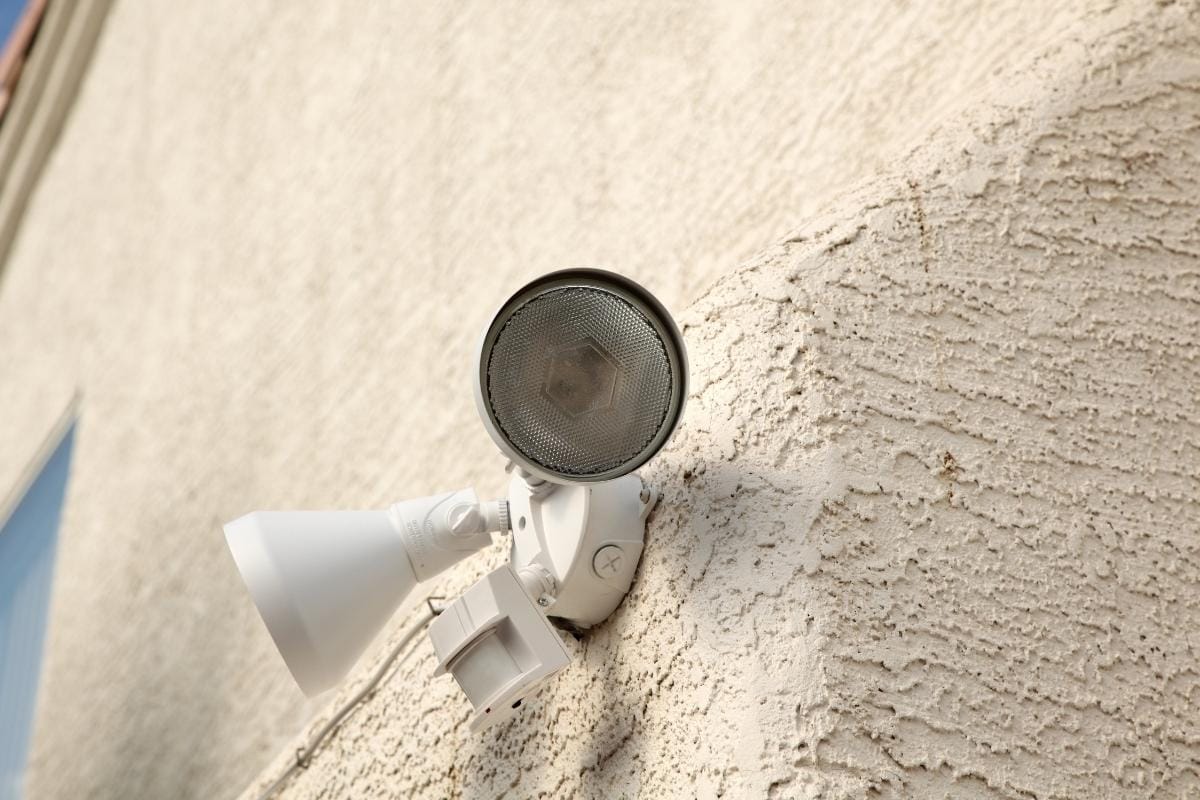It is that time of the year again that many people dread the most. Most of us cannot wait for the winter to be gone and would readily exchange these cold, snowy months for the bright and sunny months of the summer. Summer is the time of the year when we not only indulge in the ton of always lined-up events but also one where we can take a cool dip in the pool after enjoying a mild dose of sunbathing. With bonding family activities in the pool and various poolside family events, the swimming pool is an essential part of the summer. However, it is imperative that it is maintained at all times. More importantly, it should be prepared and maintained for harsh seasons like the winter.
How can we manage and maintain the pool normally and then prepare and maintain it for the winter months?
Unique Ways to Maintain and Prepare Your Pool
After undergoing tons of research on ways to maintain the pool, it is imperative to share the most unique and practical ways to maintain and prepare your pools ready for the harsh winter months. First, let’s begin by covering the key aspects of maintaining your pool, not just through the winter periods but for the entire lifetime of the pool. We will explore this aspect so we can differentiate it from the winter maintenance task.
The Pump
The pump is one of the vital elements of a pool, and it is essential to always ensure it is in full working order, providing everything you need for your pool year-round.
- It is vital that the pump is properly maintained and fully functioning, as the more motion your pool has, the more difficult it is for algae and bacteria to form in your pool.
- Ultimately, you want as little algae and bacteria to form in your pool as possible to keep it a safe and fun environment. Nobody wants to use a dirty pool.
- Pumps also capture larger, more visible debris that may have fallen into your pool.
As mentioned, a water pump can draw larger debris in as the pump operates by drawing water into the pump. However, this means it can also draw the debris into the pump. We will cover more on this larger debris in the next section.
The Filter
This is a component that works with the pump, either within the pump or external to the pump, which as its name suggests, filters out larger debris that can cause damage to the pump.
- Most filters have been adapted so that they can also assist the pump in removing the bacteria, microscopic debris and chemicals that may have ended up in the pool, which would not be removed with the pump alone.
- It is important to chemically clean your filter regularly so that any oils or chemicals that may be embedded into the filter do not seep through into the pump and back into the pool water.
The term ‘backwashed’ is usually associated with the cleaning process of filters, and you can check with your manufacturer’s guidelines on how to backwash your filter appropriately without damaging it.
Chemical Testing and Adjustments
A large aspect of maintaining a pool includes measuring its pH balance and ensuring the correct chemical balance is within the water to prevent damage to machinery being operated in the pool, such as the pump and filter, and to prevent the growth of bacteria and algae.
- You should be checking your water pH balance and level of sanitizer every other day, so 3 to 4 times per week.
- Factors such as the weather can change these levels in your water, so it is important to measure frequently as these changes can damage your pool.
- You do not want the pool water to become hazardous or irritant to skin contact by having too high or even too low a level of the correct pH balance or satisfactory levels of sanitizing product.
It is important to provide a clean, sparkling and sanitary swimming environment in your pool. This can be achieved by regularly measuring and adjusting your chemical and pH levels.
Cleaning Your Pool
Although you have your water pump, chemicals, and filters, it is still important to ensure that you clean your pool appropriately and correctly to a satisfactory standard. Not every pool has a pump, or even pools that do have pumps might not have a very high level of motion, so algae and bacteria will form.
- It is important to clean pools weekly, including the side walls and flooring in the pool.
- Even if you use an automatic cleaner, you should still brush and vacuum debris out of the pool that has been missed.
The pump and filter alone cannot be expected to remove every trace of debris, algae, bacteria, and dirt. This is why it is important to regularly clean the pool yourself.
How Exactly Does This Differ for Winter Maintenance
During the winter months, there are usually expected periods of more harsh or extreme weather conditions, which can cause avoidable damage to your pool, pump, and filter. To prepare your pool for these winter conditions, here are the things that should be done slightly differently.
Adding More Chemicals
As the temperatures fall, you can make your water slightly more chemically aggressive for the purpose of attacking the formation of algae and bacteria.
- As the pool will be closed during these winter periods, you can adjust the pH level of the water to the range of 7.3-7.8.
- You can shock dose the pool with a shock treatment of chlorine, which is a larger and stronger dose than the usual level of chlorine, which should be up to 5-10 ppm.
Other specialized winter sanitizer products that offer longer-lasting protection against algae and staining can be purchased.
Drain the Pump
For pools or pumps that do not have a frost thermostat fitted, which provides protection against frost to pipework and the pump and the walls of the pool, you will need to drain the water from the pump.
- Drain water from your pump, filter, and also heater if you have one to prevent frosts from forming, which ultimately may split or damage your property, as water expands when it freezes.
- Plan ahead and get a frost thermostat fitted before the winter periods to avoid having to partake in the grueling process of draining your pump.
It may be easier to avoid this process, as for larger pools, it can be a time-consuming process to empty and eventually refill the pool as this may be necessary to be able to drain the pump, filter and heater.
Cover Your Pool
In the winter periods, it is also important to cover your pool with a good-fitting, sturdy and well-designed heavy-duty winter cover.
- Contact your manufacturer to get the best possible information regarding the best winter cover for your pool.
- Keep debris out of the pool as more may be expected to fall in the pool in the adverse weather conditions.
Pools that remain uncovered throughout winter periods will be exposed to potentially excessive snowfall, so it may be beneficial to also provide additional winter shock treatment as a top-up.
Overall, the proper maintenance of the pool is very necessary at all times, and even more during seasons like the winter. It will guarantee the health of members of the family and protect against diseases. It will also ensure the pool is primed for the fun family activities and events both inside the pool and the poolside when the sunny months of summer return again.

